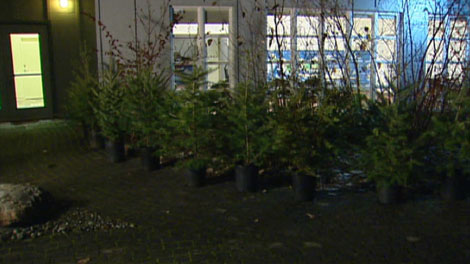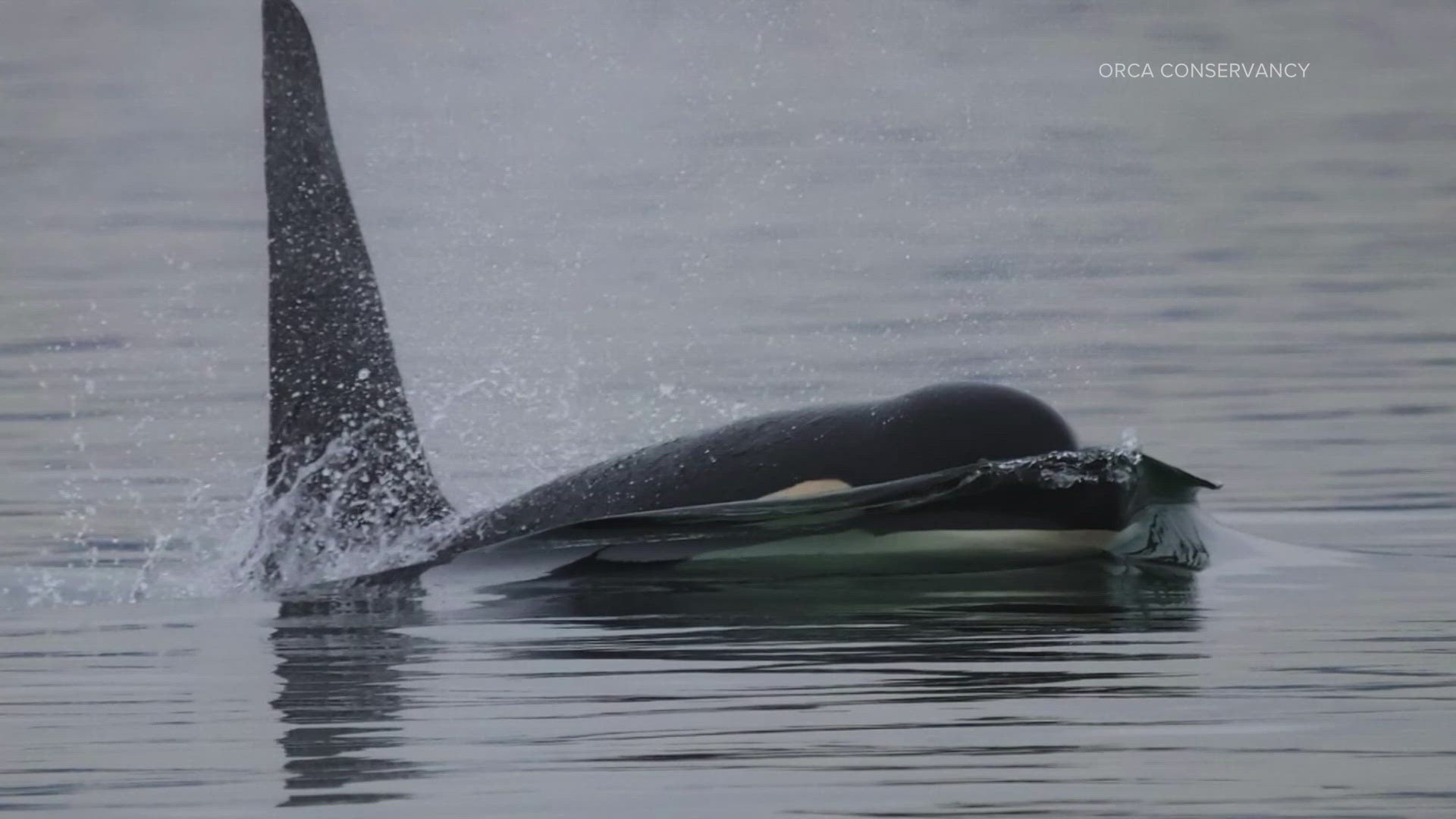SEATTLE -- Fresh cut trees are beautiful to behold, but if the sound of a chainsaw makes you wince with guilt, try thinking out of the box and in a planter instead.
This is a western red cedar tree, says Loren Brokaw, an ecologist with Adopt-A-Stream, a local non-profit organization. He showed us the types of trees up for rent. It's kind of a black sheep tree, I guess, if you're thinking of Christmas trees.
Adopt-A-Stream is offering live trees to rent this year. For $30, you get a small tree and $10 deposit back when you return it. Trees are up for rent on December 18 from 10 a.m. to 2 p.m., and need to be returned January 3-7 between 8 a.m. and 4 p.m. Ecologist sare limiting the time of the rental to increase the trees' survival rate from being moved from the warm indoors back to the chilly outdoors.
Ecologists say the trees are less like O' Christmas tree and more like Charlie Brown.
They're not manicured. They're not your perfect tree. They have a little bit more personality, says Brokaw.
And instead of their lives ending at Christmas, they are just beginning. The non-profit will use the trees that are returned to restore local streams and wetlands.
Be kind of a legacy, says CK Eidem, senior ecologist. It's going to go into the world and do good things. And hopefully cool streams and provide habitats for animals.
I like the idea that you're not cutting down a tree to have a Christmas tree, which is one of the things that I always feel guilty about, says Kate Hamalay, who was shopping for a tree Wednesday night.
But there is something about the traditional fresh cut tree that some shoppers say is really hard to part with.
I like the whole conservation part of it, says Brittny McLeod. But I think it's just because it's a small tree, it's not something I would do.
But these small rental trees eventually grow up to 200 feet. So ecologists say if it's too small this year, it may be perfect next year.
If you want to keep your tree and not return it, you can plant it in your yard you're welcome to do that. And you can watch it grow in the wild and it will probably be there longer than you are, says Brokaw.


